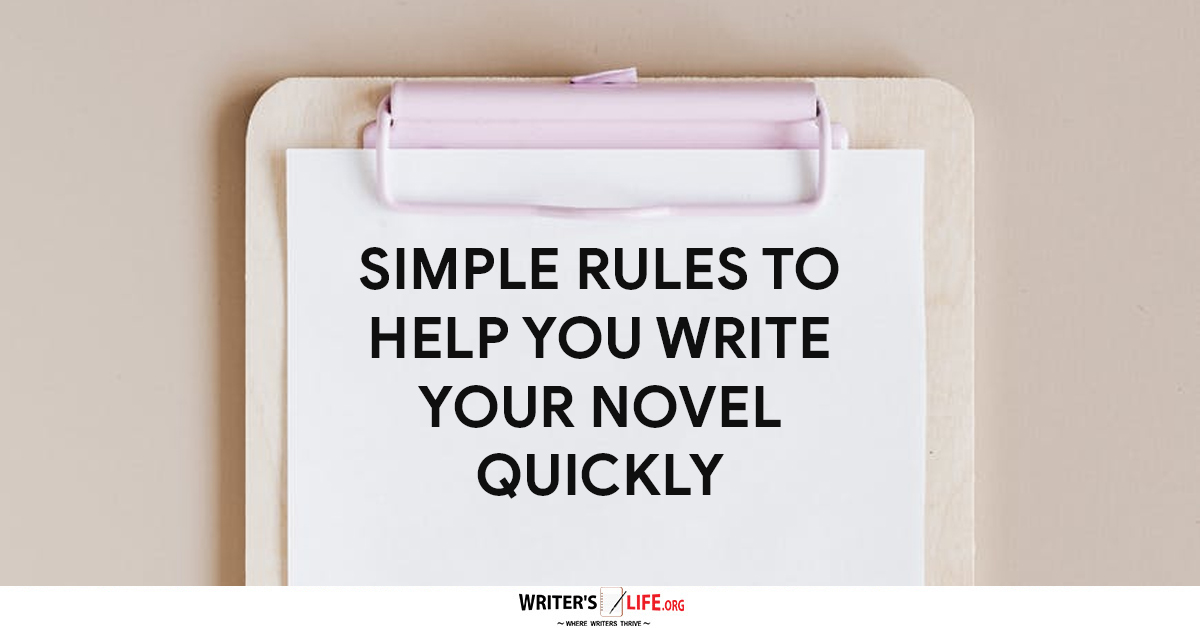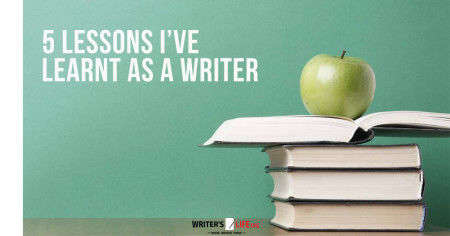- How To Tackle Jealousy In Creative Writing
- Common Submission Mistakes
- How To Stop Your Blog Becoming Boring
- The One Thing Every Successful Writer Has In Common
- How To Make Yourself Aware Of Publishing Scams
- Why Almost ALL Writers Make These Grammar Mistakes At Some Point
- 5 Tips For Authors On How To Deal With Rejection
- Top Mistakes to Avoid When Writing a Novel
- How to Avoid Common New Writer Mistakes
- 10 Mistakes New Fiction Writers Make
Writing Your Life Story? Here’s How To Get Started

If you think your life would make for interesting reading then turning it into a story or writing a memoir can be an exciting and rewarding challenge.
Writing your life story, however, may not be as easy as it seems. On the one hand, you’ve got all the material there, and you’ve got an inside perspective to everything that happened - making it easy for you to tell the tale from a unique point of view.
However, you still have to work hard to get your audience on board, and once you get started you’ll soon realise it’s not as easy as simply transferring all your old diaries onto a Word Document!
If you want your story to be read and appreciated by others, there are lots of things you need to think about.
Here’s how to get started.
Get everything down
In the beginning, you just need to get everything down. Don’t worry about timelines, continuity, or even making it sound that good. Just literally jot down or map out all the significant parts of your life that you want to include in your book, and then begin to flesh them out.
Get organised
Now it’s time to get organised. Think about how you want to present your life story. Will events unfold chronologically? Or will you group parts of your life together according to particular themes? Decide which direction you want to go in and start organising your content to begin to shape your book.
Be honest
When it comes to writing your life story you should be honest with your reader, and yourself too. Tapping into raw and often brutal emotions and memories is often the way to get the best material, and though it might seem painful and scary, will make your book resonate with more people and your bravery will be admired.
Do your research
Just because it’s your stories and memories doesn’t mean you don’t have to do your research. You’ll no doubt write about other people in your memoir, so, where you can, make sure you talk to them, discuss the memories or versions of events you have and see if they match up.
Consider the reader
Remember that it is essential to consider your reader at all times. What may seem interesting and significant to you might not be so much to them - so always think about how to tell your story as if you were hearing it for the first time and didn’t know any of the people or the history behind it. How can you make your story have an impact on people? How can you make them care?
Use poetic licence
Sometimes the need to embellish certain aspects of a real-life story becomes apparent, and that’s OK. If you want to get creative and change the outcome or the unfolding of specific events you, the author, has every right to do so if you think it will please your reader and make for a better tale. However, just remember that if you are positioning your story as a work of complete truth you do need to be careful here. If your readers find out you have twisted certain events or haven’t been completely honest, they could end up feeling cheated and let down.
Writing your life story can be hugely cathartic, and rewarding and can be a great way to become a successful writer too. So if you think your life story is worth telling, follow the tips above and get started today!

Bethany Cadman -author of 'Doctor Vanilla's Sunflowers'




















